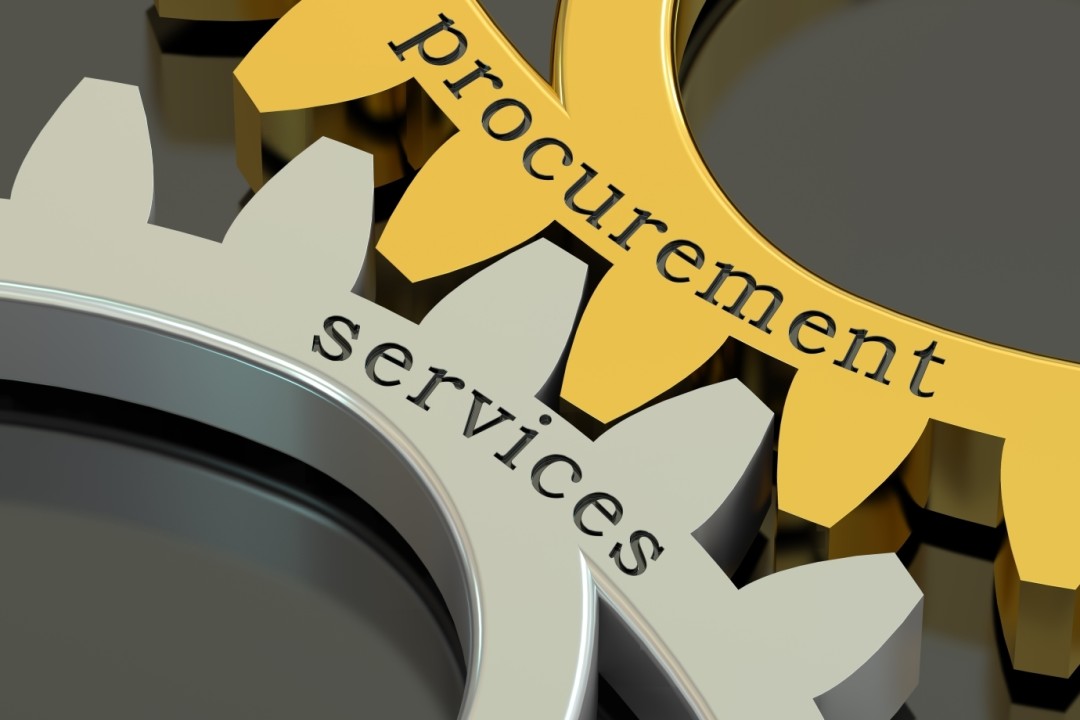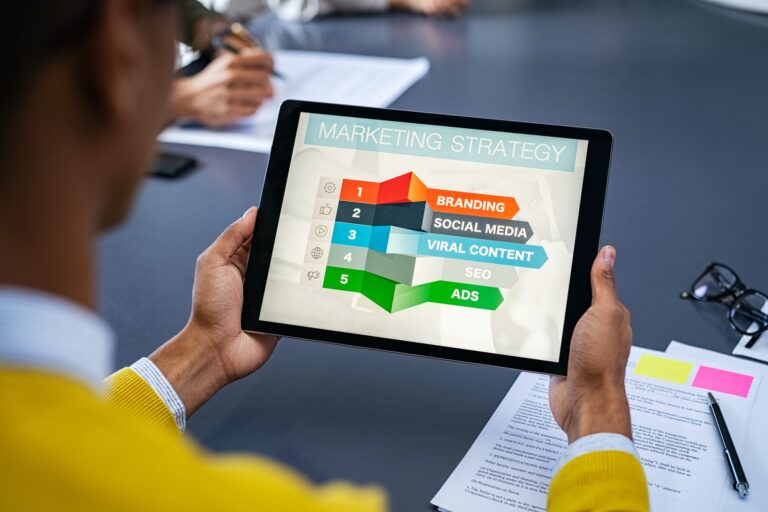The Ultimate Guide to Strategic Procurement for Better Business Outcomes
Strategic procurement is more than just purchasing goods and services—it’s about aligning procurement practices with business goals to maximize value, reduce costs, and improve operational efficiency. By adopting a strategic approach to procurement, businesses can drive growth, enhance supplier relationships, and create sustainable competitive advantages. Here’s your ultimate guide to understanding and implementing strategic procurement:
- Assess Your Procurement Needs
Start by evaluating your organization’s procurement needs and objectives. Identify key areas where procurement can directly impact business performance, such as cost savings, quality improvement, or risk management. A clear understanding of these needs helps set the foundation for an effective procurement strategy. - Build Strong Supplier Relationships
Strategic procurement involves nurturing partnerships with suppliers rather than merely negotiating for the lowest price. Establishing strong relationships with key suppliers ensures consistent quality, better pricing, and reliable delivery schedules. Collaborating closely with suppliers can also lead to innovation and process improvements. - Implement Data-Driven Decision Making
Use data analytics to make informed procurement decisions. By analyzing historical purchasing data, supplier performance, and market trends, businesses can identify opportunities for cost savings and process optimization. Data-driven insights enable better negotiation strategies and supplier selection, enhancing overall procurement effectiveness. - Leverage Technology for Efficiency
Integrating technology into procurement processes can significantly enhance efficiency and accuracy. Procurement software automates routine tasks, such as purchase orders and invoice management, reducing manual errors and saving time. This allows procurement teams to focus on strategic activities like supplier management and cost analysis. - Focus on Sustainable Sourcing
Incorporating sustainability into procurement practices is increasingly important for modern businesses. Prioritize suppliers that adhere to ethical standards and environmentally responsible practices. Sustainable sourcing not only aligns with corporate social responsibility goals but also mitigates risks associated with supply chain disruptions.
Conclusion
Strategic procurement is essential for driving better business outcomes. By assessing needs, building strong supplier relationships, leveraging data and technology, and focusing on sustainable sourcing, businesses can achieve significant cost savings, enhance efficiency, and secure long-term success. Start implementing these strategies today to transform your procurement function into a powerful driver of growth.



